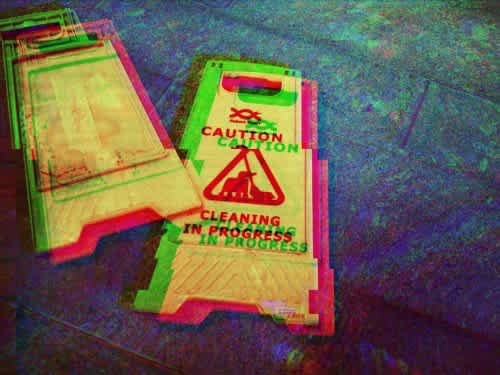When you’re in an industry that is highly competitive, it’s easy to get burnt from burnout. Sometimes, when you burn too brightly, your flame and passion that you experienced at the beginning of your career can backfire on you in the long run.
But not all burnout is self-inflicted. Some of it is environmental and being able to recognize it before it injures and sabotages your mental health is better than reflecting back on the aftermath.
However, before we get into spotting the signs, what exactly is burnout? Why does it matter? And how do you spot the symptoms and workplace induced signs before it becomes a major problem?
What exactly is burnout?
It’s easy to think that you won’t get with burnout, especially if you’re a type-A kind of person. The thing with type A personalities is that we’re more inclined to be conscious of time and become highly competitive with our output.
As a result, we tend to take more on than we’re mentally and physically capable of. We overestimate our abilities and underestimate how much time we’ve actually got for a task. Then we become overwhelmed by our own inability to say no and protect our time.
It’s the result of working too much for the things that ultimately don’t really matter. It’s the act of having to deal with the small and meaningless tasks that are put on the same level of urgency.
In short, we stress ourselves out too much over a long period of time — to a point where we wake up one day with a sense of helpless hopelessness.
How it can impact your career and mental health
Burnout is not pretty.
As a society and industry, we glorify the worker that works hard to produce the results needed. Sometimes, we mistake this as a game of quantity rather than quality. We become stressed out by the meaninglessness of our work. We struggle to make time for the things that are important to us.
The thing with work is that it makes up a good portion of our existence. When we’re unsatisfied and powerless to instigate change, we become victims of our own circumstances. This can impact on our relationships and mental health as our frustration spills over and out from the confines of the office.
On a mental level, our daily anxieties morph into detachment and depression. Whatever motivation we had towards our work evaporates and leaves us with disengagement and general loss of interest in everything.
Procrastination becomes rife and whatever goals we had — career, financial, family and personal development — become lost and part of a distant past.
When you get hit with burnout, you become a shell of the person that you once were. You lose yourself in the process of trying to be everything for everyone.
Workplace induced signs and symptoms
Most of the time, burnout is workplace induced.
As developers, it’s easy for us to get sidetracked by the people around us. As you climb up the ranks, more people will want your attention. From marketing teams who struggle with certain technological ideas to tech support that you shouldn’t be doing.
Interruptions can come in the form of collaborations, meetings and general requests for help. The next thing you know, you’re out of time to do the thing actually need to do.
This can lead to the feeling of having little to no control over what you should be doing, leaving you with the monotonous or unchallenging tasks that sap away at your time.
So you put in more hours, chasing that high that you get from the eureka moments that materializes after long moments of trying to figure out a complex problem. Except you never really quite get there.
You find yourself moving more and more away from what you initially signed up for and end up doing something completely different. The cycle of dissatisfaction and sunk time continues, compounding your stress levels over time until it breaks you as a person.
What to do to prevent burnout
Personally, I’ve been burned from burnout before. It’s not fun for yourself or the people around you.
The thing with burnout is that you get spread too thinly across different things. You struggle with time because you never seem to have enough of it.
In truth, you’ll never have the time to do everything everyone wants. The problem is that you try and it doesn’t work out. So you end up beating yourself up over it.
The biggest lesson I learned from my burnout is to protect my time against the things that ultimately don’t matter to me. Burnout happens when you’re too focused on everyone else and not enough on yourself.
Work-life balance and fulfilment comes from within and if you’re too busy trying to please and help everyone else, you won’t have enough time to work on yourself.
Burnout is the result of giving too much of yourself away and not enough giving back to yourself. Dissatisfaction and unhappiness creep up on you because you’re constantly disregarding yourself, along with your personal intrinsic needs.
The art of preventing burnout is a mix between figuring out what’s important to you and ruthlessly eliminating anything else that detracts from it. Protecting your time is the best shield you’ll ever have against the pulling forces of things that ultimately don’t matter.


